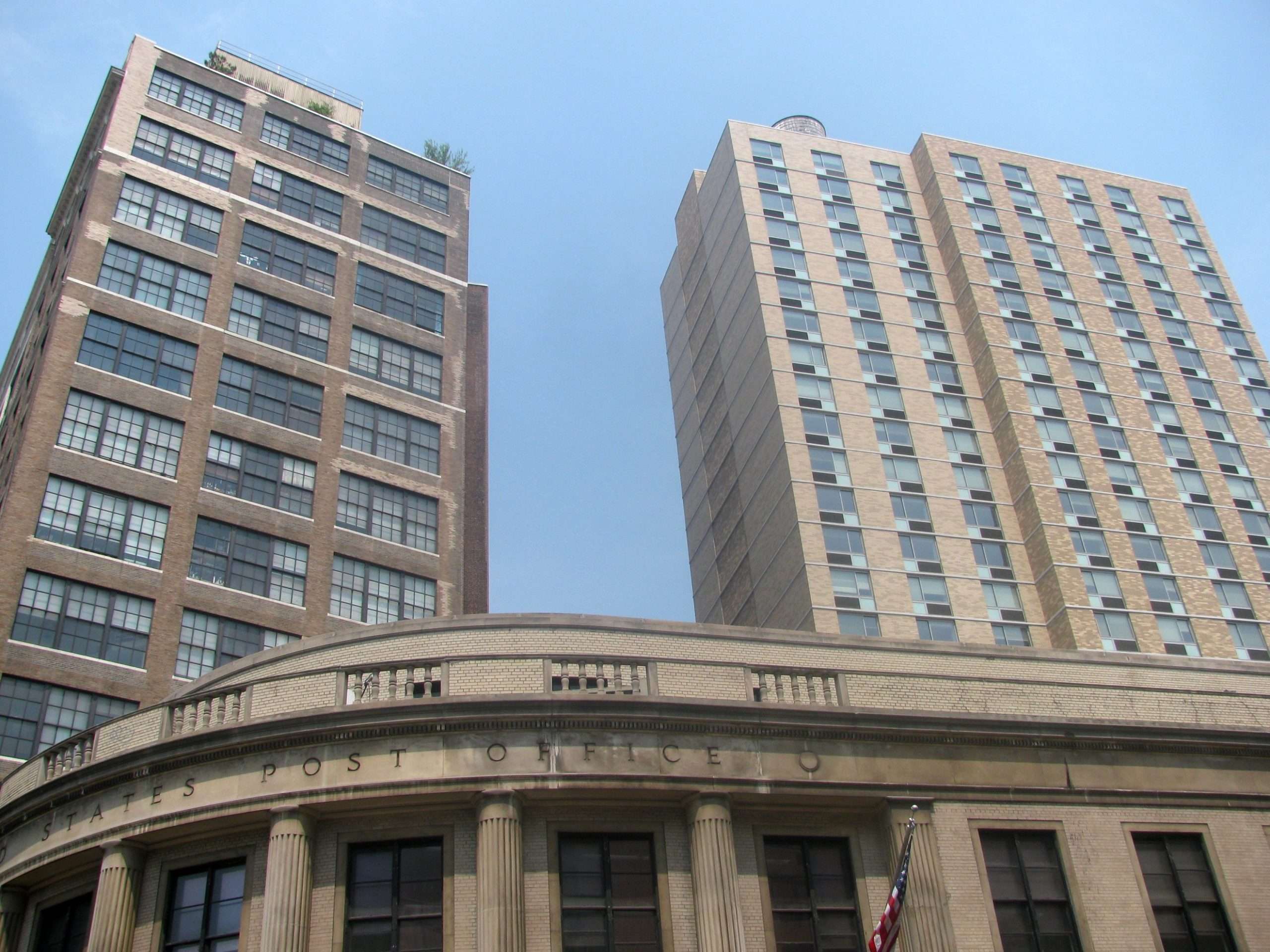Super great question. Very relevant. It's like right now the world needs a "Pause" button. I.E.,
Stop everything right now and get this definition right! (Then continue)
Now more than ever, I've been feeling that the most useful way to approach this question is to break it down into two or even three main categories. Personal racism and structural racism. Those may not be the most apt words, but they get the gist across.
Personal racism is more on the individual level. And even here, I think personal racism has 2 important categories. Mental (attitude), vs. physical/actual. Mental racism is, just disliking another race based on no good reason - just having an attitude of hatred, although that word is grossly overused these days, toward another race because of their race. Physical/actual is actually 'doing' something that tangibly harms another person because of their race. Physically attacking someone because of their race, denying them fair or equal treatment at a business because of their race, talking pejoratively about a race as a whole and not in the context of a legitimate discussion about issues or problems that may actually uniquely BE present in a particular demographic in a constructive way.
Structural racism is what I'd expect to see often as government-sponsored racism. A system that separates children based on race, or a system that teaches them to focus on differences between race, or segregated schools by law, or the government allowing one race to be "officially" treated worse than another one, or failing to give equal legal protection to a race, because of its race.
Out of all these, a big question that arises is "what should the government's role be?" My guiding principle is, the government should limit its involvement to prohibit structural racism and physical/actual racism. The government's overt's involvement should probably stop before the point where it attempts to monitor or punish what people think, believe, say, or feel. Our criminal justice system should be limited to tangible harms and tangible actions. Anything beyond that is a nebulous slippery slope where too many reasonable people can be on different sides of scenarios that are impossible to accurately define.
Another "big idea" here should probably be what is
not racism, since our society is struggling with this one at the moment.
Not racism:
- Acknowledging differences in behavior or results between ethnic groups, as long as it is not done with a motive to cause harm
- Actual differences between results and achievements - here I am referring to the mere presence of the difference, that isn't racism, but it may or may not be caused by structural or personal racism, or it may be caused by personal choices, or it may be a combination of the two. This is where some people are confusing equity with equality. Notice they use the term equity these days instead of equality. Equality [of opportunity] is (as of late) being deemed "not good enough", and rather, we are told we must achieve equity (same results), or else that is racism. This is obviously untrue, and fails to attribute anything at all in the world to personal choices.
- Acknowledging that some stereotypes are totally untrue and unfair, while still others are grounded in reality, and no person need be required to completely exclude all past experience and knowledge in their day to day lives. Some Europeans have learned a dislike for American travelers. There are many reasons, grounded in reality. Being impolite, too loud, eating too much, not yielding on sidewalks, being culturally insensitive or arrogant are just a few. Does this mean that every time a European thinks "Uhh, an American", that they are being racist? Of course not. It means their minds are computers, with memory and prediction ability - like everyone's.
- The truth, in any context where it is being brought to light for purposes that aren't malicious
- Judging people based on their actual behavior, even if that behavior is something commonly attributed (and perhaps truthfully so), to one particular race
Structural racism should never occur, and mostly doesn't. Personal physical racism still does occur, and shouldn't--but our laws have also addressed this, and enforcement is the key. Personal mental racism is regrettable, but it's not a topic for the State to control; it's a topic for individuals, families, parents, and spiritual leaders/groups to resolve as much as possible.


